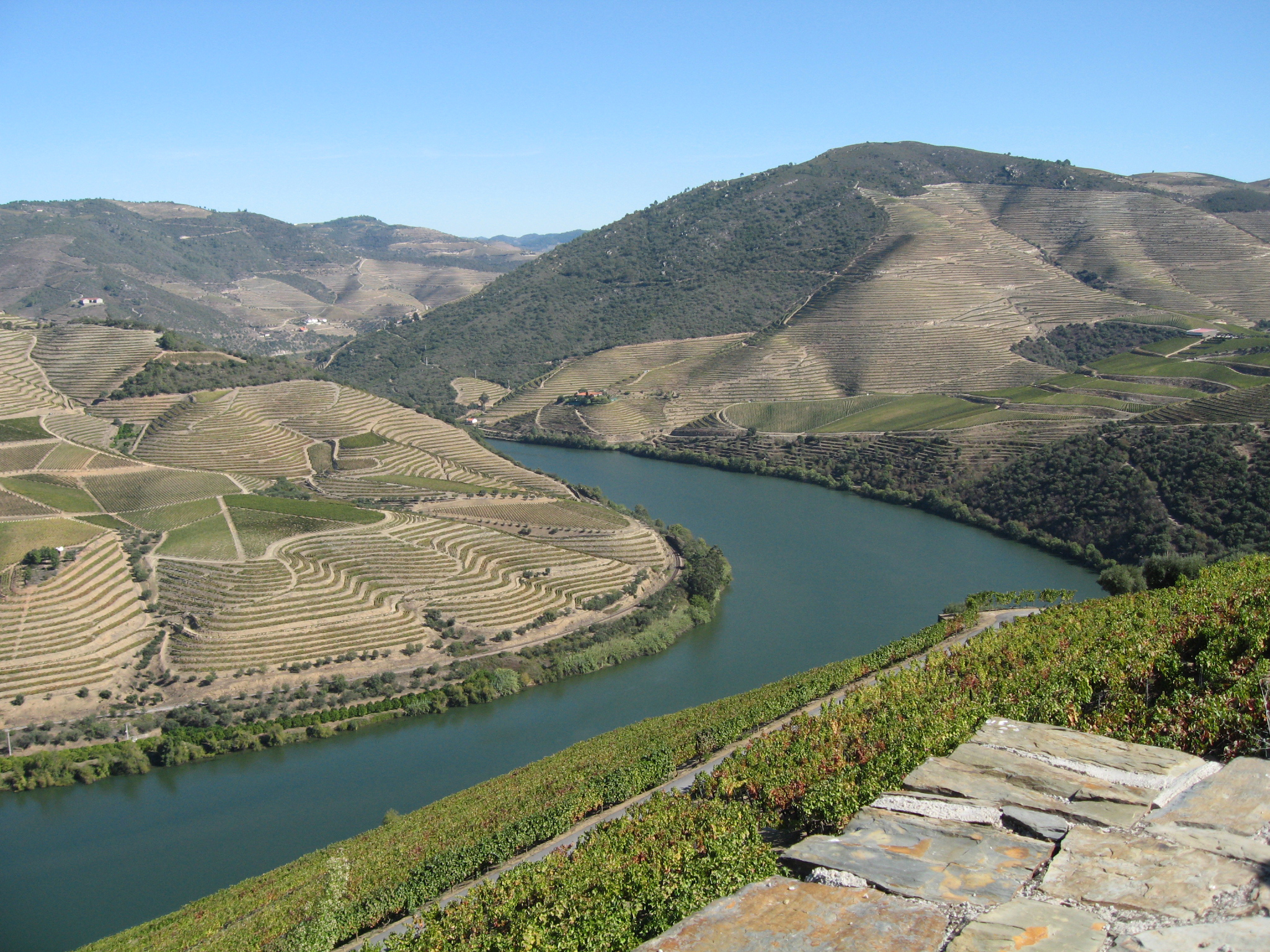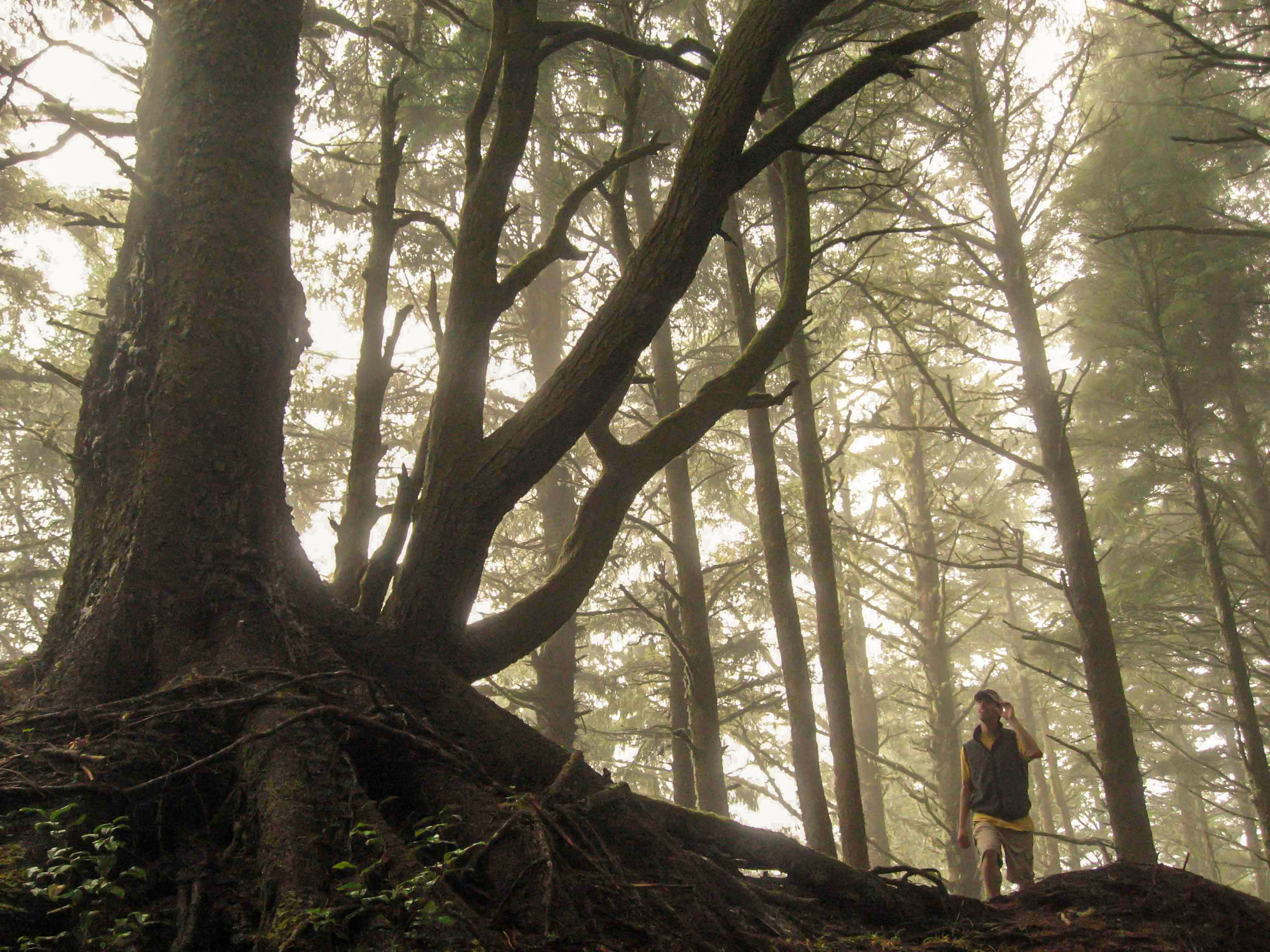Moving from “muddling through” to "adaptive muddling” and developing the tools for a just transformation in the face of climate change. Why we need a new approach to fast tracking adaptation.
By Guest Blogger: Stephen Zavestoski, PhD
Human beings have always experimented to adapt. When our ancestors migrated from savannahs to temperate forests they likely tested their existing hunting and gathering techniques to see if they would work in the new environment. Old hunting methods and tools probably had to be adapted to new species. New typologies of poisonous and edible plant species had to be developed through trial and error (i.e., experimentation). New techniques of food storage and preparation needed to be tested. New sources of water had to be located and tested. Shelter. Waste disposal. Health. The list goes on. Every old practice for sustaining the life of a population had to be tested in the new environment and abandoned or adapted.
New forms of knowledge would have emerged and then diffused across tribes or broader populations and eventually across generations. In small groups, experimentation would have proceeded slowly. But once effective techniques were developed, the tight-knit nature of tribes or clans would have meant that knowledge spread quickly and new cultural practices would have arisen to institutionalize the knowledge.
This style of experimenting to adapt is what Charles E. Lindblom famously described in 1959 as “muddling through,” or “achieving a degree of success without much planning or effort,” according to Merriam Webster (Lindblom’s original use of muddling through is nicely summarized at the blog What Do I Know? in the post “50th Anniversary of Muddling Through by Lindblom”). Muddling through worked perfectly well when humans controlled the rate of change. Nomadic populations changing environments could retreat to the relative safety of a known environment when their adaptation experiments were failing. Even if migrations were forced and no option existed to return to a known environment, new knowledge formation could advance slowly without adverse effects since early humans would have been entering into new environments that were more or less stable except for infrequent disturbances like natural disasters.
Photo by Nuin-Tara Key
In the new normal, it doesn’t appear that muddling through will cut it. There are more than 7 billion of us on the planet. There are virtually no uninhabited environments to explore as our old environments change before our eyes. Moreover, most of us now live in cities where we are detached from the tight coupling of socio-ecological systems. To top it all off, we now know with near certainty not only that humans are causing the Earth’s climate to change, but that we are causing those changes to happen at rates much faster than we had imagined possible just a decade ago. The scale and rate of change are likely to be so great that we need to find a way to put our human tendency to “muddle” on steroids. And we need to attach it to technologies and social mechanisms of knowledge transfer that can impose a certain amount of the type of planning and effort absent in the original definition of “muddling through.”
About 20 years after Lindblom introduced “muddling through” to explain policymaking processes, Warren Johnson attempted to adapt the concept to societal responses to environmental change in his 1979 book Muddling Toward Frugality (Shambhala: Boulder). Johnson foresaw a response to the American energy crisis of the 1970s that would lead to altered lifestyles, increased self-sufficiency, and stronger communities. Johnson argued that adapting to the energy crisis would not be an “all-at-once, no second chance process.” Instead, Johnson viewed adaptation as “an ongoing process, that entails a great many experiments, dead ends and setbacks. It is far more a matter of muddling along than anything resembling planned social change.” Just nine years later in an article titled “On Averting the Tragedy of the Commons” (downloadable PDF here), Raymond De Young and Stephen Kaplan, psychologists at the University of Michigan, first took note of Johnson’s observation that “muddling is a process characterized by a slowness in taking even modest steps, a tendency to compromise, and an avoidance of significant bold or visionary steps” and then claimed that although “these features of muddling offer much valued stability,” they “also prevent adapting to quickly changing circumstances.” In muddling through, humans constantly experiment but without straying far from the results of past changes. The problem is that “[m]uddling is a process characterized by...a tendency to compromise, and an avoidance of significant bold or visionary steps.” (290). “Mere muddling through,” according to the U.S. National Research Council’s 1999 report Our Common Journey: A Transition Toward Sustainability, “would leave untapped substantial opportunities for promoting a sustainability transition [and] … leave society unnecessarily vulnerable to a variety of foreseeable threats.”
Instead of muddling through, De Young and Kaplan advocated “adaptive muddling,” a concept they’ve revived in “Adaptive Muddling,” a chapter in the 2012 book The Localization Reader: Adapting to the Coming Downshift (MIT Press: Cambridge, MA), edited by De Young and Thomas Princen. Adaptive muddling focuses on many simultaneous small experiments through which a population explores multiple possible solutions at once. The success of the approach depends on the diversity of the people involved. As De Young has written elsewhere, in adaptive muddling “people are empowered to apply local or personal knowledge to a situation. Different people applying different knowledge to the same situation creates a variety of potential solutions” (De Young, 1999: 602).
Photo by Tom Miller
Rapidly deploying thousands of experiments around the world has a built-in advantage over the top-down and technology-driven solutions many of us in the more developed countries expect our governments and the “market” to roll out. Each individual experiment carries relatively low risk. Failure can happen fast. New approaches in rainwater catchment can be tested within weeks, or at the most within a year in locations with seasonal rains. In contrast, water management systems requiring massive investments in infrastructure can require decades to bring online, not to mention create new environmental problems and displace millions of people (China’s Three Gorges Dam is a case in point).
The downside to adaptive muddling is that we don’t currently have the mechanisms to pool the dispersed knowledge emerging from the thousands of ongoing community-based climate adaptation experiments happening around the world. What would it take to begin aggregating evidence of successful adaptation? And how can we organize that evidence so that it is presented in ways that can be accessed across levels of expertise, cultural differences and language barriers? As an academic I am excited by these questions. The sociologist in me wants to explore how we can utilize the technologies that now connect virtually every point on the planet in near-instant communication to create new institutions that can house and share the largely untapped yet potentially extremely valuable knowledge emerging out of individual adaptation experiments happening from Mozambique to Mauritius. But there’s also the moral urgency I feel, as a citizen of the country with the largest historical contributions of greenhouse gases to the atmosphere, not only to facilitate the building of new institutions that can facilitate adaptive muddling, but to ensure that these institutions reduce inequality and build resilience in communities in equitable and just ways.
Our Place on Earth is engaged in its own form of adaptive muddling. The TRAC2 Toolkit is an experiment of sorts. Or, more precisely, an experiment in aggregating the outcomes of hundreds or even thousands of experiments in order to learn from them in ways that can drive widespread societal change. The toolkit, still in the early stages of development, is intended to help us understand what works in community climate adaptation experiments and what the obstacles are to successful adaptation. More impressively, it will be built on a human rights platform sensitive to the ways in which inequality of all types can shape outcomes that might achieve certain sustainability or economic development goals but in unequal and unjust ways.
The goals of the TRAC2 Toolkit are to:
Identify case studies that exemplify transformational community change
Generate knowledge and build capacity that is shared beyond a narrow community of specialists
Identify practical tools that climate change practitioners can use to support community-led resilience strategies
Contribute to overcoming the challenges of climate change by providing motivation for action
Reading through these, it sounds like the toolkit is intended to address the primary challenge of adaptive muddling–scaling up successful experiments to produce sustainable and equitable system-wide transformation. Its success will depend on the widespread support and involvement of people working on the cutting-edge of community-based climate adaptation and the willingness and motivation of the communities themselves to share their knowledge to enhance the toolkit. I look forward to seeing how it all unfolds.
Works Cited
De Young, R. 1999. “Tragedy of the Commons.” In D. E. Alexander and R. W. Fairbridge (Eds.) Encyclopedia of Environmental Science. (Pp. 601-602) Hingham, MA: Kluwer Academic Publishers.
De Young, R. and S. Kaplan. 2012. “Adaptive muddling.” In R. De Young and T. Princen (Eds.) The Localization Reader: Adapting to the Coming Downshift. (Pp. 287-298) Cambridge, MA: MIT Press.
National Research Council. Our Common Journey: A Transition Toward Sustainability. Washington, DC: The National Academies Press, 1999.
More about Stephen:
Stephen Zavestoski, PhD
Sustainability Director, College of Arts & Sciences
Co-Chair, Environmental Studies
University of San Francisco
2130 Fulton St., San Francisco CA 94117
Co-Editor, “Equity, Justice and the Sustainable City” book series (Routledge)
@smzavestoski
Check out our entire archive below...
-
July 2016
- Jul 12, 2016 New Video: Puruvesi (Ice fishing in Finland) Jul 12, 2016
-
March 2016
- Mar 5, 2016 Puruvesi Mar 5, 2016
-
July 2015
- Jul 14, 2015 Almost, Exactly Average or: How I Stopped Worrying and Started to Love Crowdfunding Jul 14, 2015
- Jul 8, 2015 Summer on the Jukajoki Jul 8, 2015
-
May 2015
- May 18, 2015 What are they building in there? May 18, 2015
- May 7, 2015 No Silver Bullet: Ecomodernism, Technology, and Path Dependency May 7, 2015
-
November 2014
- Nov 11, 2014 Some Fish, Some Tango, and a Fiery Goodbye Nov 11, 2014
-
October 2014
- Oct 26, 2014 62° 39' 00" N, 30° 08' 00" E Oct 26, 2014
- Oct 14, 2014 Bluefields to Wawashang - Final Nicaragua Installment Oct 14, 2014
- Oct 3, 2014 Monkey Point & Bangkukuk: Part 2 Oct 3, 2014
- Oct 1, 2014 Monkey Point & Bangkukuk: Part 1 Oct 1, 2014
-
September 2014
- Sep 30, 2014 ¿Que Podemos Hacer Juntos? (What Can We Do Together?) Sep 30, 2014
- Sep 11, 2014 Reflections on Union and a Brief Respite with Cosmos Sep 11, 2014
- Sep 2, 2014 The Sea Will Rise, Barbuda Will Survive Sep 2, 2014
-
August 2014
- Aug 25, 2014 OPOE in Antigua or, Tarantulas, LambLions & Plumeria Aug 25, 2014
- Aug 24, 2014 A Farwell to Union, Hello Grenada Aug 24, 2014
- Aug 10, 2014 I'll Have One Film Workshop, With a Side of Chicken Fever Aug 10, 2014
- Aug 4, 2014 Island Hopping - from Bequia to Union Aug 4, 2014
-
July 2014
- Jul 30, 2014 A Sub, a Princess, Chicken and Bake - Another OPOE Week in Review Jul 30, 2014
- Jul 20, 2014 From Santa Fe to St. Vincent - OPOE's First Week in the Field Jul 20, 2014
-
May 2014
- May 30, 2014 Fast Tracking Climate Adaptation–tapping our natural tendency to experiment May 30, 2014
- May 21, 2014 Reframing Despair May 21, 2014
- May 8, 2014 May 13th Campaign Launch! Help Build Momentum May 8, 2014
- May 5, 2014 Update - letter of support from USAID! May 5, 2014
-
April 2014
- Apr 11, 2014 Project Launch! Apr 11, 2014
- Apr 10, 2014 Climate CoLab Submission Apr 10, 2014





